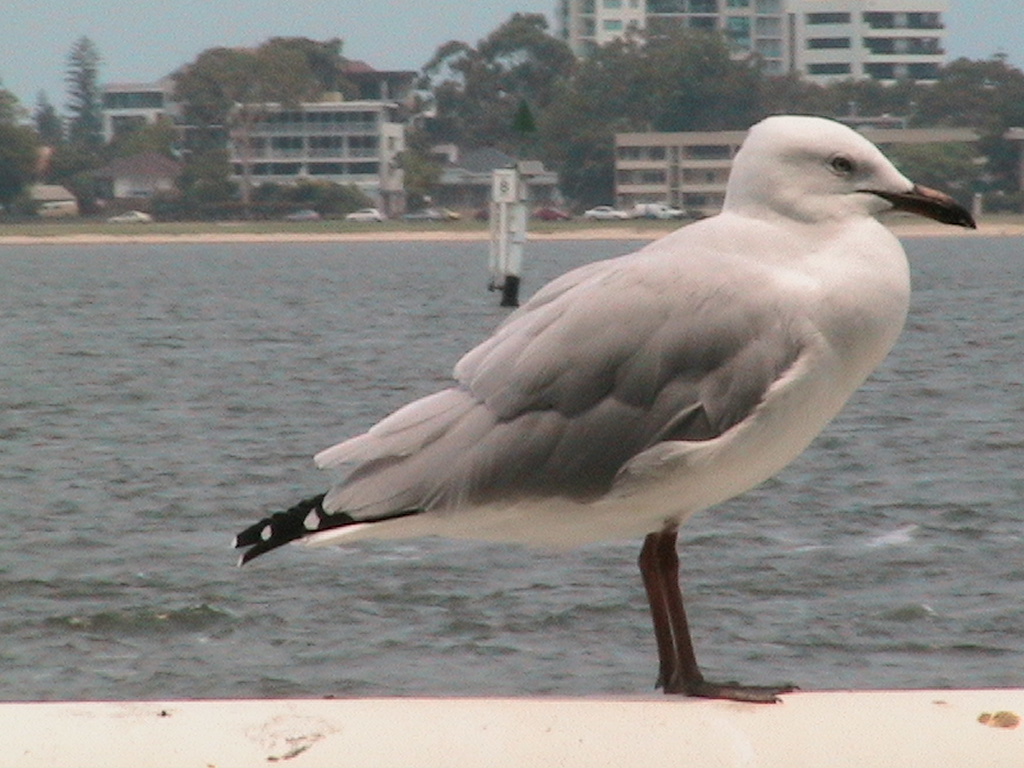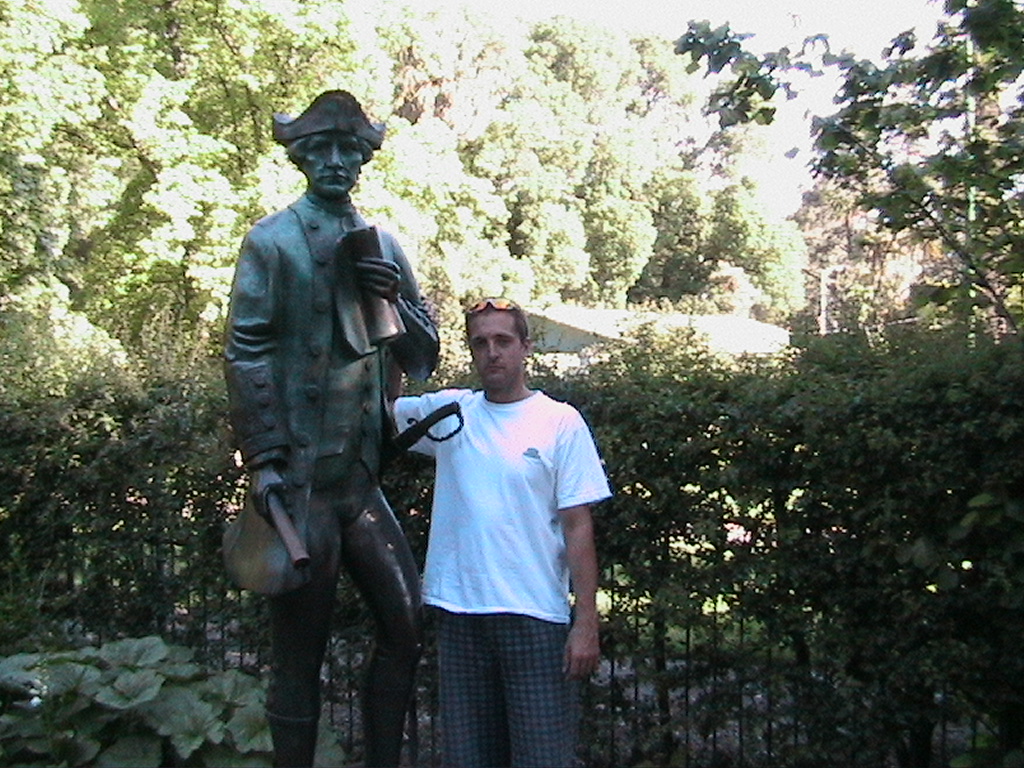‘A Critical Wake-Up Call’: Cyclone Alfred Reveals Vulnerabilities in Australia’s Essential Infrastructure


‘A Critical Wake-Up Call’: Cyclone Alfred Reveals Vulnerabilities in Australia’s Essential Infrastructure

The Return of the Exquisite Hass Avocado: A Royal Treat for Avocado Lovers It’s a joyous day for avocado enthusiasts! During my recent trip to the grocery store, I was

The Curious Case of the Disappearing Discounts: Is My Juice More Expensive? Have you ever found yourself staring at a product in the grocery store, scratching your head, questioning if

Three important insights from the WA election that suggest Labor’s prospects (and obstacles) for the federal vote.
Cyclone Alfred serves as a stark reminder of the vulnerabilities in Australia’s infrastructure in the face of extreme weather events. As we witness the impact of climate change escalating, it’s crucial that we take this opportunity to reassess and reinforce our systems to ensure they can withstand future challenges. Investing in more resilient infrastructure, enhancing emergency preparedness, and adopting sustainable practices should be top priorities moving forward. This wake-up call emphasizes the need for collaboration between government, industry, and communities to create a safer environment for everyone. How can we leverage this situation to improve our infrastructure for the long-term?